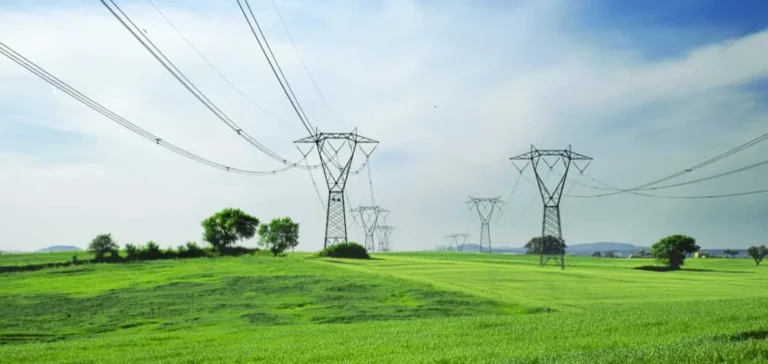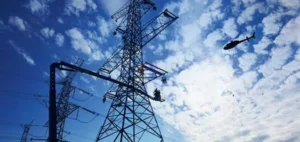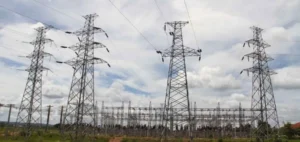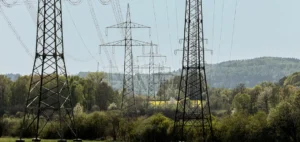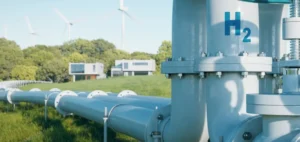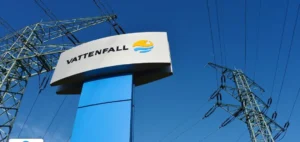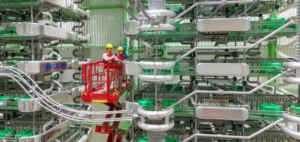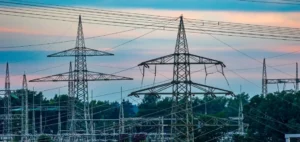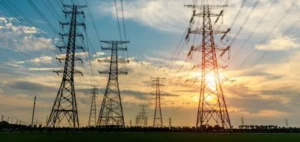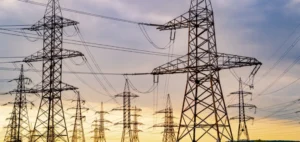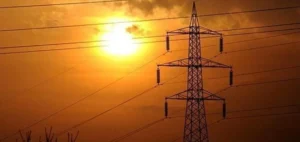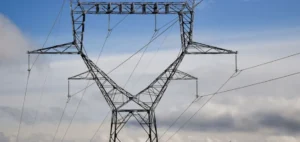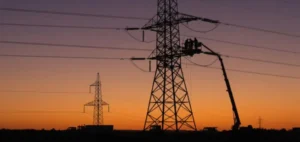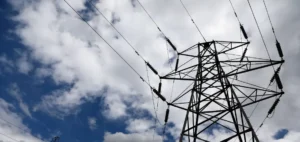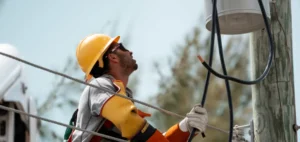German energy group RWE AG and asset manager Apollo Global Management have finalised a structured partnership through a joint vehicle holding 25.1% of Amprion GmbH, one of Germany’s four transmission system operators. The agreement includes a €3.2bn funding commitment to cover the proportional share of long-term capital expenditures on the high-voltage grid, as Amprion has raised its investment plan to €36.4bn by 2029.
Financial structure and capital ownership
The stake was previously held directly by RWE, which now retains operational control and accounting consolidation of the vehicle. Apollo participates as an institutional investor via its infrastructure and real assets funds. Amprion remains majority owned (74.9%) by M31 Beteiligungsgesellschaft, a consortium of German institutional investors, ensuring national governance aligned with political expectations.
Industrial objectives and regulatory framework
The capital injection does not fund an asset acquisition but rather future investments corresponding to the held stake. The remuneration mechanism relies on a regulated framework set by the Bundesnetzagentur (BNetzA), which determines the authorised return on invested capital (regulated WACC).
The partnership enables RWE to free up resources for its renewable energy projects while maintaining access to stable income from a regulated asset. For Apollo, the investment offers a long-term inflation-linked exposure with a risk profile mainly tied to tariff regulation rather than energy market prices.
Grid impact and energy transition
Amprion operates approximately 11,000 km of lines across seven Länder, serving 29 million people and industrial zones. Investments will strengthen north–south transmission corridors essential for offshore wind integration and enhance European interconnections under ENTSO-E’s Ten-Year Network Development Plan (TYNDP).
The project aligns with efforts to secure supply, reduce fossil fuel dependency, and stabilise the grid amid an accelerated decarbonisation process. Amprion’s ability to maintain timelines is becoming a key indicator for industrial clients and renewable developers.
Financial repercussions and market signals
The entry of a global infra investor into a regulated German asset sets a market benchmark for future stake transactions in other operators such as 50Hertz or TenneT Germany. The cost of capital is expected to decline on the relevant stake thanks to patient capital and predictable cash flows.
For consumers, short-term effects may include slight increases in grid-related tariff components. However, network improvements are likely to reduce congestion, narrow regional price spreads, and enhance the competitiveness of industrial power purchase agreements in the medium term.


